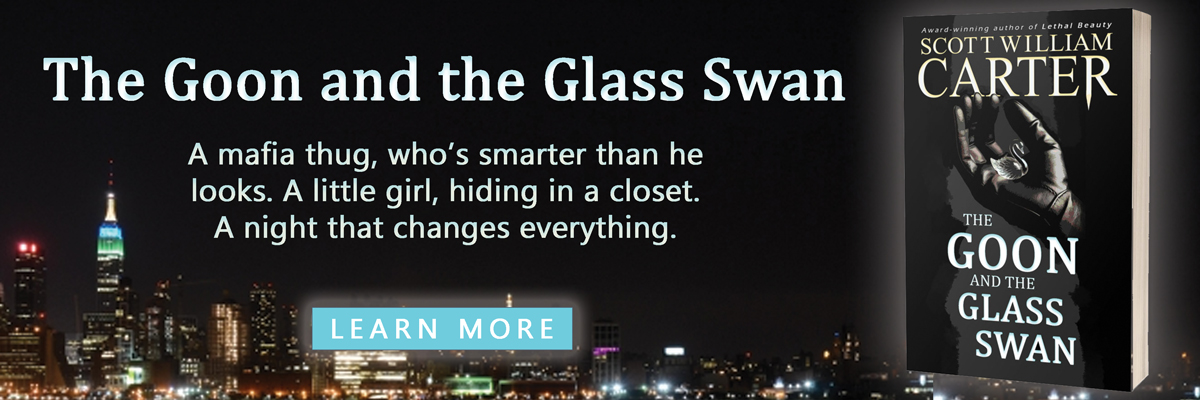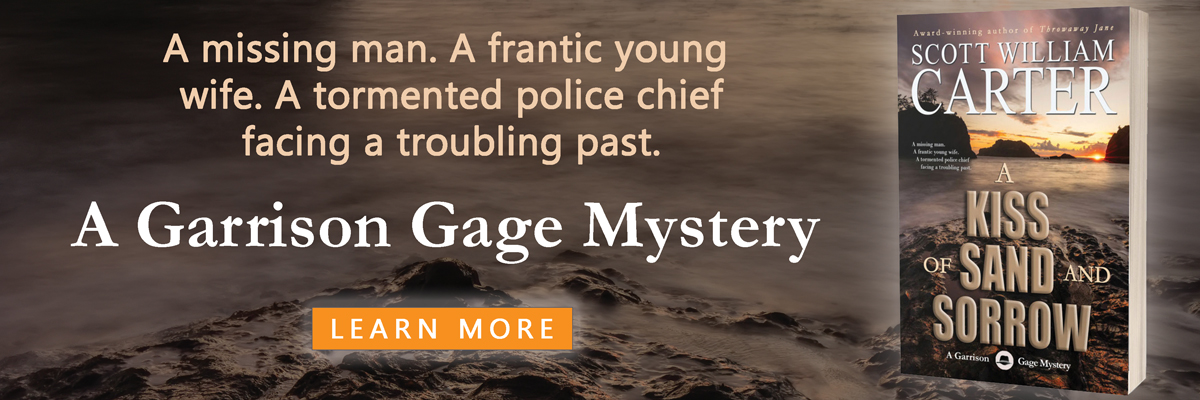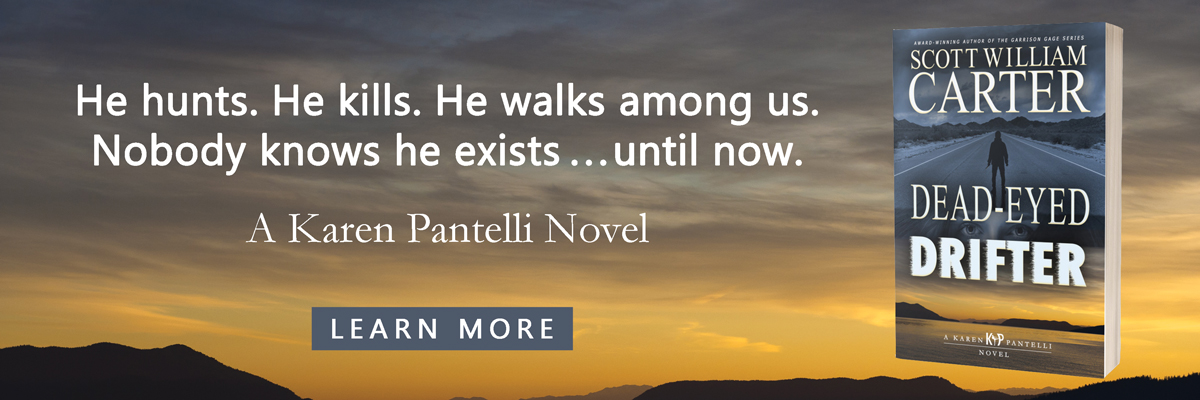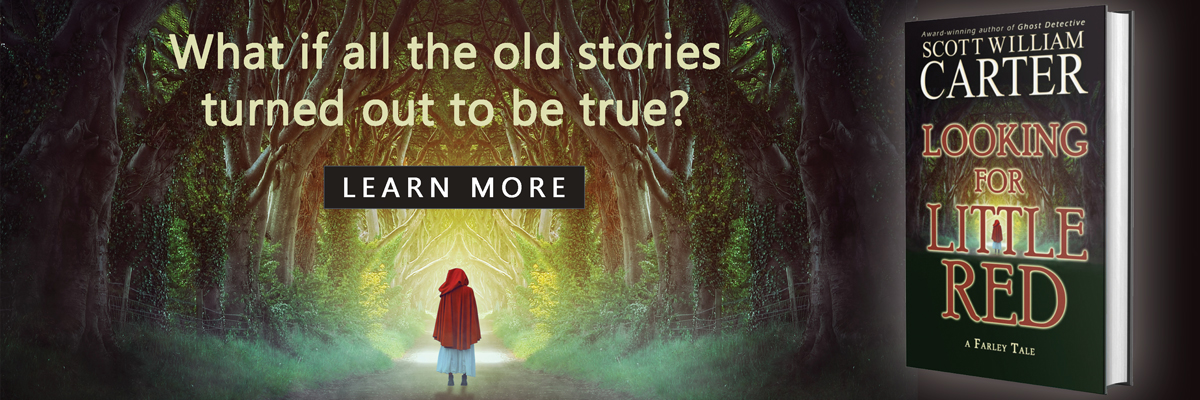“The rain continued. It was a hard rain, a perpetual rain, a sweating and steaming rain; it was a mizzle, a downpour, a fountain, a whipping at the eyes, an undertow at the ankles; it was a rain to drown all rains and the memory of rains. It came by the pound and the ton, it hacked at the jungle and cut the trees like scissors and shaved the grass and tunneled the soil and molted the bushes. It shrank men’s hands into the hands of wrinkled apes; it rained a solid glassy rain, and it never stopped.” — from “The Long Rain,” by Ray Bradbury
It’s been raining a bit here in Oregon. And by a bit, I mean a constant, pulsing downpour that’s been going on for day after day with no end in sight. That’s the definition of “a bit” to any longtime Northwest native. It’s the type of rain that drives the retirees from California and Arizona back to dryer climates, the people who come here in the summer when it’s green and lush, who don’t realize until they pass through a winter exactly why it’s green and lush. I usually don’t mind the rain — being a busy writer and avid reader helps — but there are times, after weeks of relentless drizzle, when you haven’t seen the sun in days except as a faint brightening behind a veil of gray clouds when it does get to me a little. And then I think of that opening from Ray Bradbury’s story, “The Long Rain,” that I quoted above. I love that story. Everybody is eventually driven mad by the rain. How very delightful. How very Oregon.
Because we’re all quite mad here, you know.
Thinking about this story got me thinking about all the writers who have influenced me over the years, the writers who helped mold and shape my writing into what it is today, and the writers who are still shaping it. Ray Bradbury certainly would belong on the shortlist. His collections were what made me fall in love with short stories. Who else? If you were to be honest about it, and not hide behind a lot of literary dickery doo (“Well, you know, I just adored Melville when I was four . . . “), I think the best way to come up with the most accruate list would be to put down your favorite books at each time of your life. But even that wouldn’t be accurate for someone like me, one of the first children of what I’d call the media age, where you could get your story fix from so many different sources — whether it be from comics, video games, movies, television, or yes, even books. Story is story. It transcends the medium.
So instead of limiting myself to books, I decided to make a list of all of my favorite stories over the years, regardless of how the story was conveyed to me. I tried to arrange them chronologically as best I could, starting with what really got my juices going when I was just a toddler all the way up to what I find most compelling now. When it was a particular work, I listed that, but if it was more an author in general, I just listed their names. So, without further ado . . .
Scott’s Eclectic And By No Means Complete List of Major Influences on His Writing Since the Age of Two
- The Cat in the Hat and The Cat in the Hat Comes Back
- Curious George
- Garfield
- Peanuts
- Star Wars, the three original movies
- The Three Investigators series
- The Mouse and the Motorcycle by Beverly Clearly
- Spider-man
- Transformers, both the television show and the comics
- G.I. Joe, both the television show and the comics
- DP7 (the comic)
- Ray Bradbury’s short stories
- The Lord of the Flies
- The Catcher in the Rye
- Terry Brooks’s Sword of Shanna and Kingdom of Landover books
- Star Trek: The Next Generation
- The Elfquest comics, by Wendy and Richard Pini
- Calvin and Hobbes, by Bill Waterson
- Harlan Ellison’s short stories, especially “Jeffty is Five”
- Sherlock Holmes
- Stephen King, both novels and short stories, though The Stand and The Dead Zone were particular favorites
- William Shakespeare (and as a tangent to that, what really got me excited about him was Kennth Brannagh’s movie, Henry the V, which I saw in high school)
- Raymond Carver
- Groundhog Day, the movie
- The Shawshank Redemption, the movie (yes, I know this was based on a Stephen King novella, but it deserves a mention in its own right — this movie, and my reaction to it, helped me break free from my literary pretentions and concentrate on simply telling great, emotionally-engaging stories and letting the chips fall where they may)
- “Flowers for Algernon,” the short story by Daniel Keyes
- Elmore Leonard
- James Lee Burke
- The Lord of the Rings, both books and movies (I came late to the books)
- Casablanca, the movie
- Harry Potter books, by J.K. Rowling
- His Dark Materials books, by Philip Pullman
- Nick Hornby
- John D. MacDonald’s Travis McGee books
I certainly enjoyed lots of other comics, books, and movies throughout the years, but these were the ones, at the time, that I really loved. Some of them lost their luster with time, but others I keep coming back to. It’s interesting that the two favorites of my I Am an English Major and I Only Read Serious Literature period, Carver and Shakespeare, I still enjoy, but without the literary pretiousness. Who knows what all this means, if anything, but I can see a love of suspense and the fantastic from an early age that is still with me now, and is present in almost everything I write.
Of course, maybe the writer I am today is mostly do to living in Oregon. I had to have something to do on all those rainy days.




